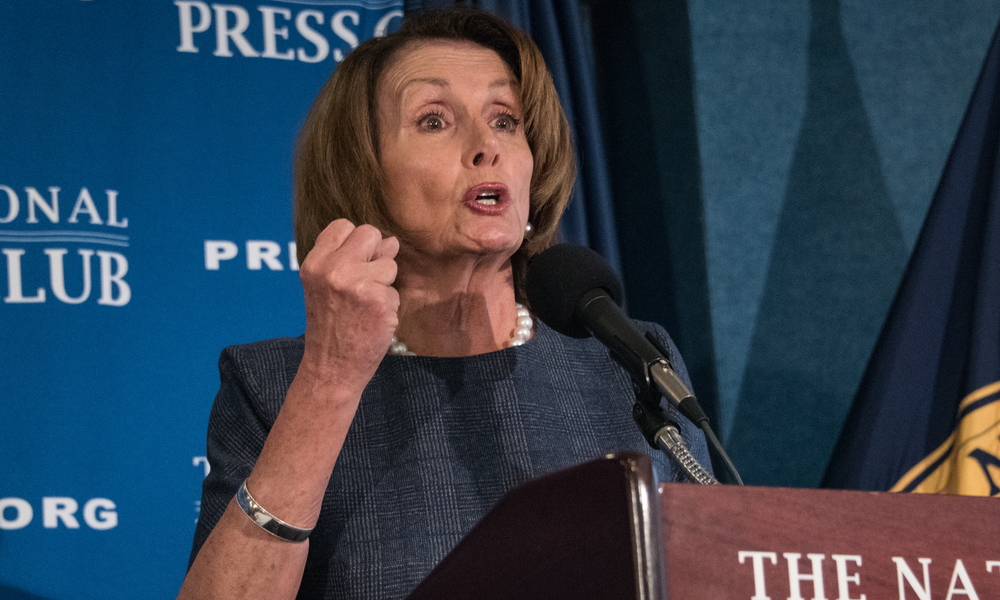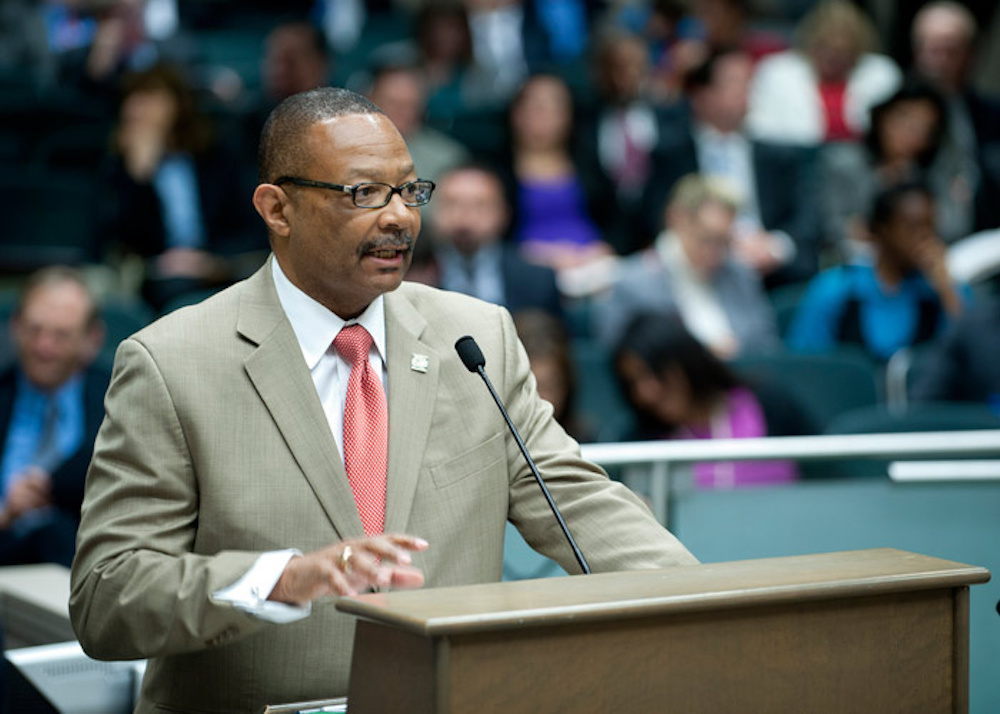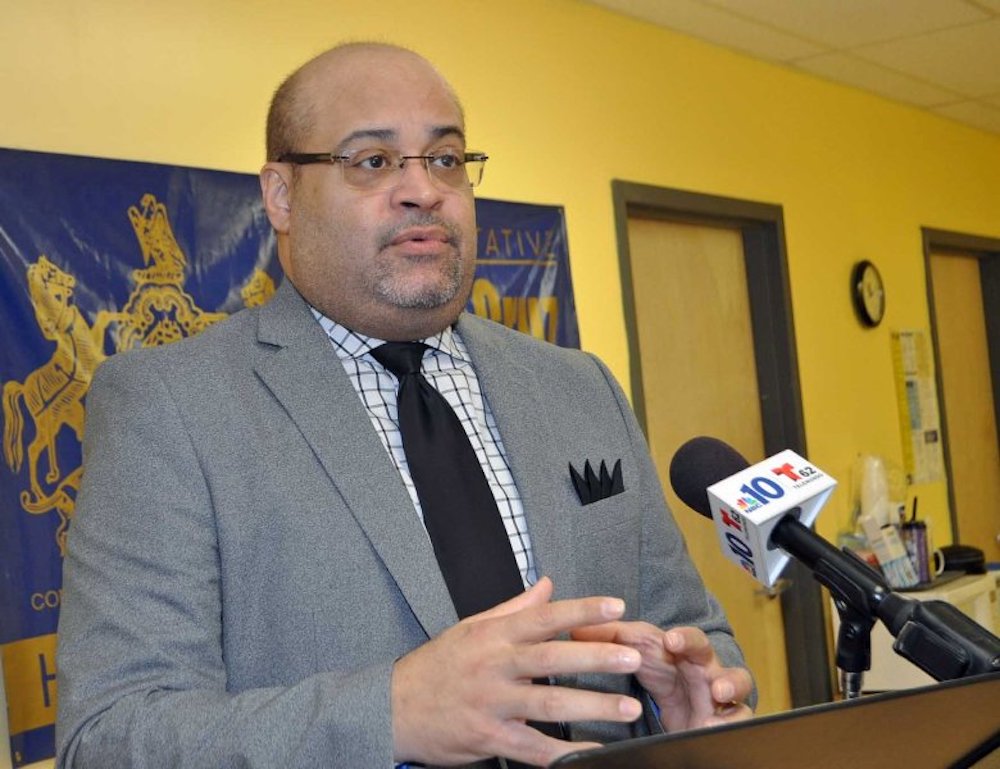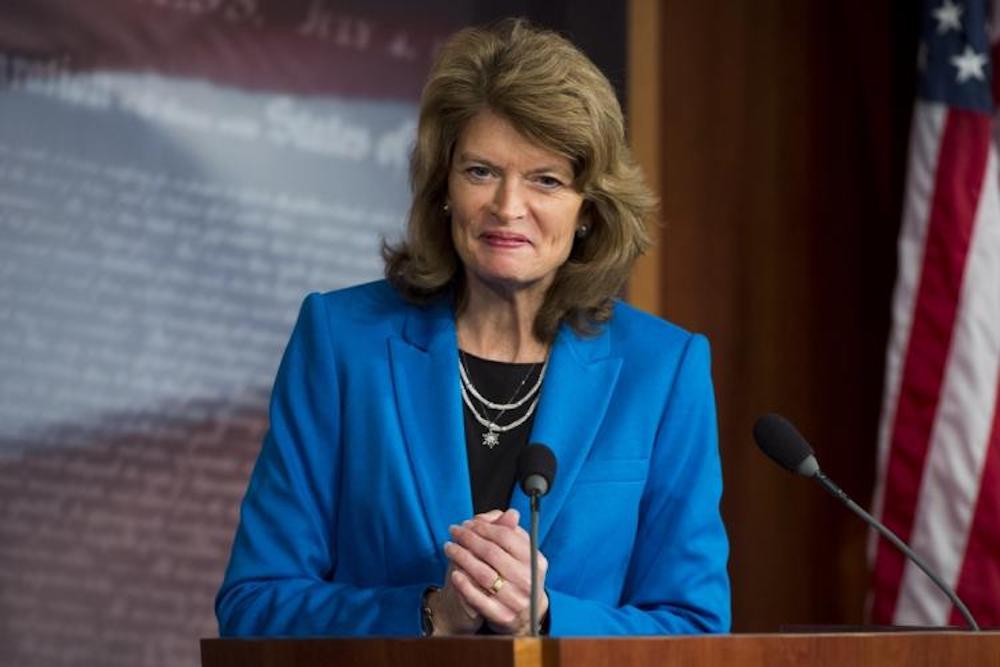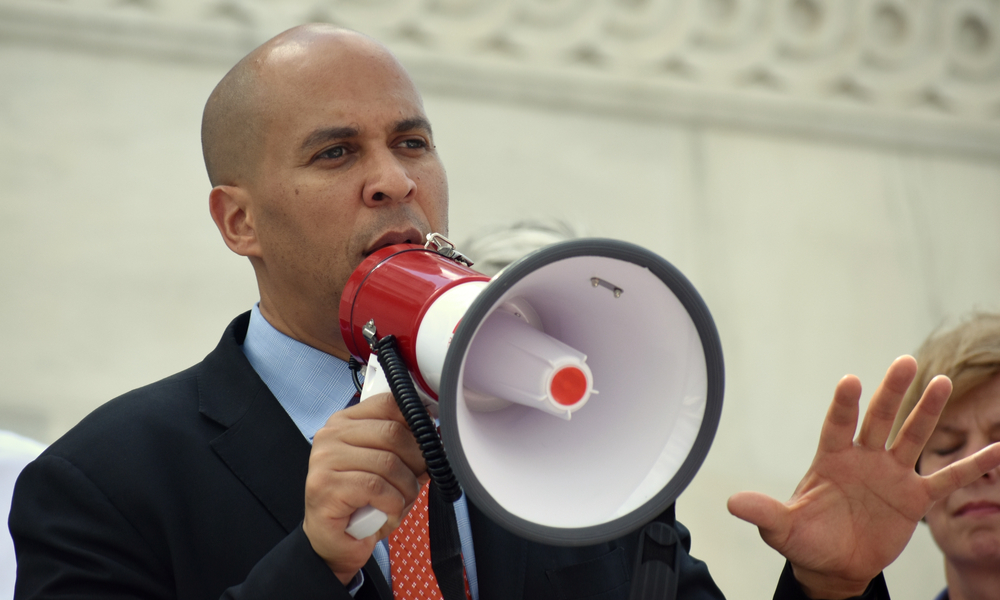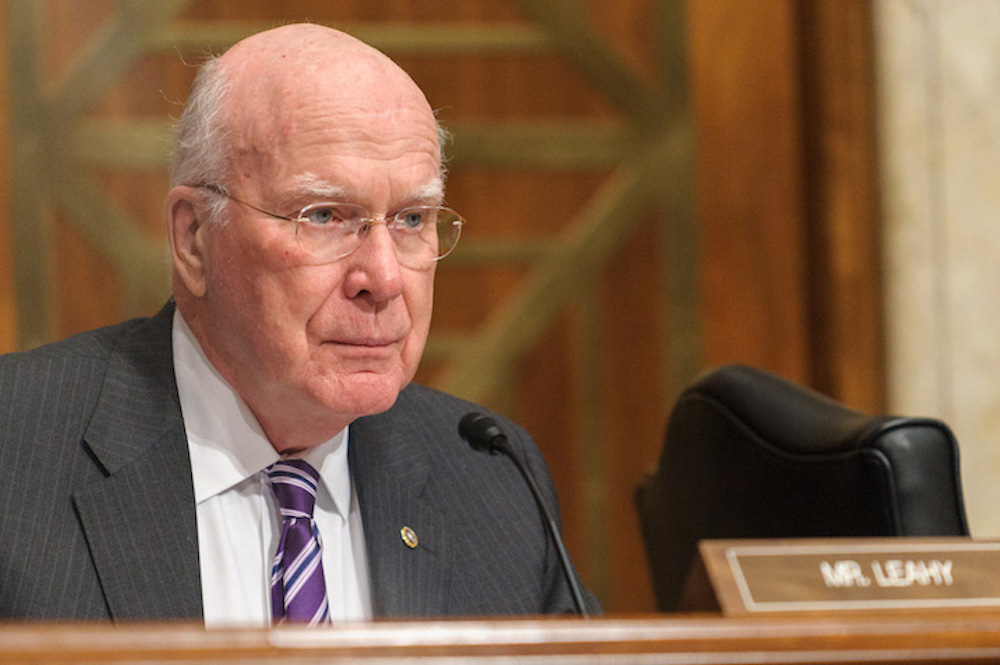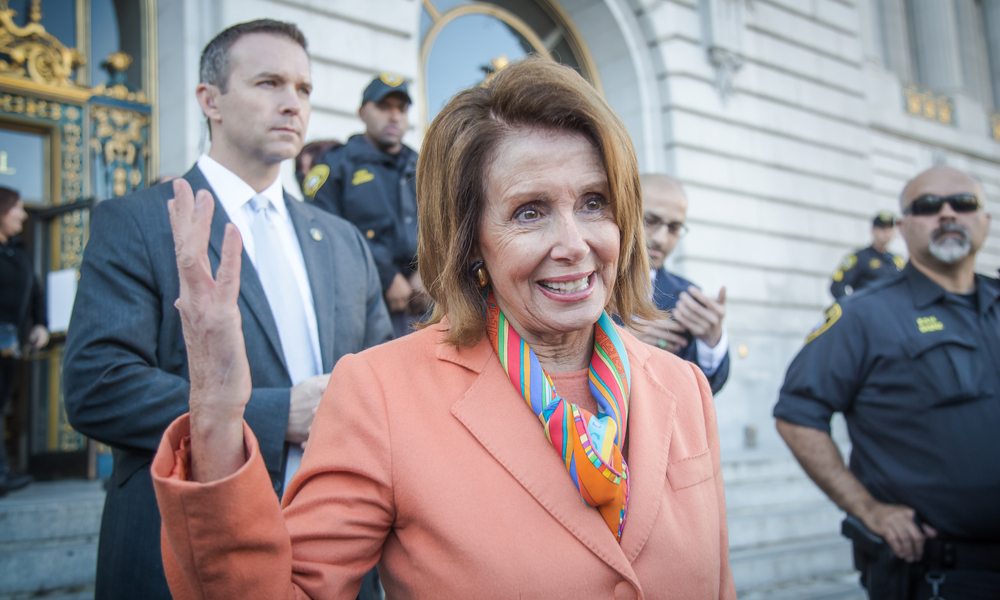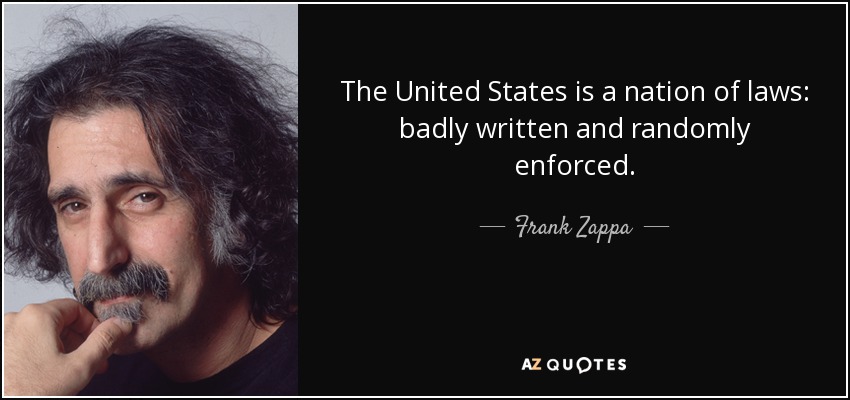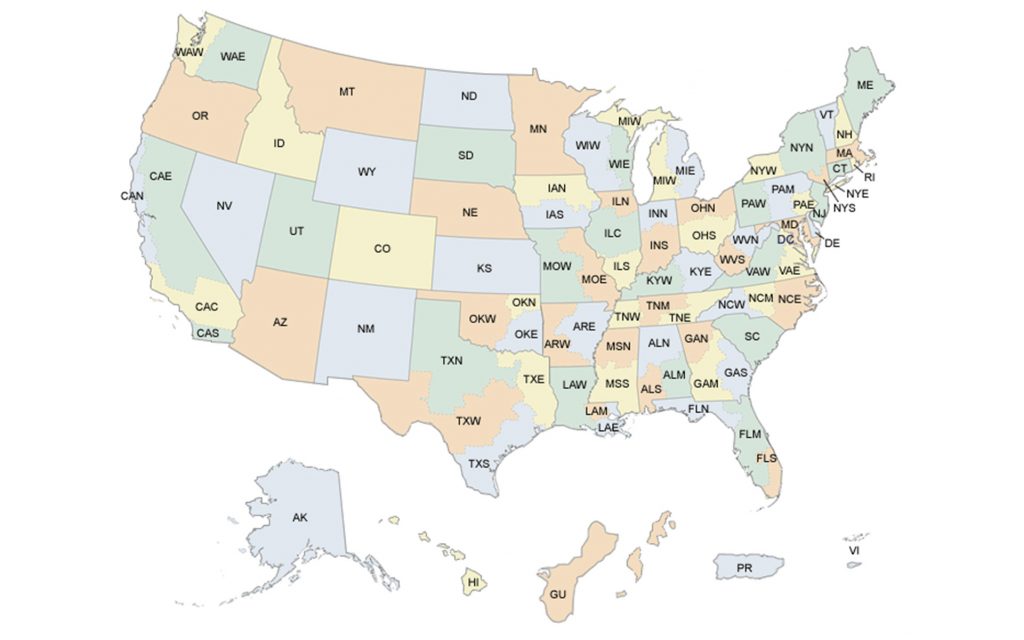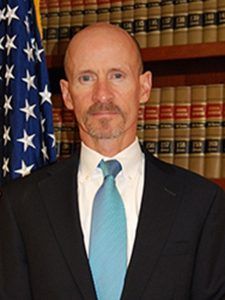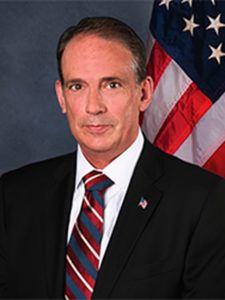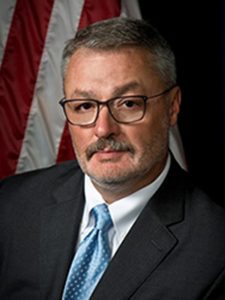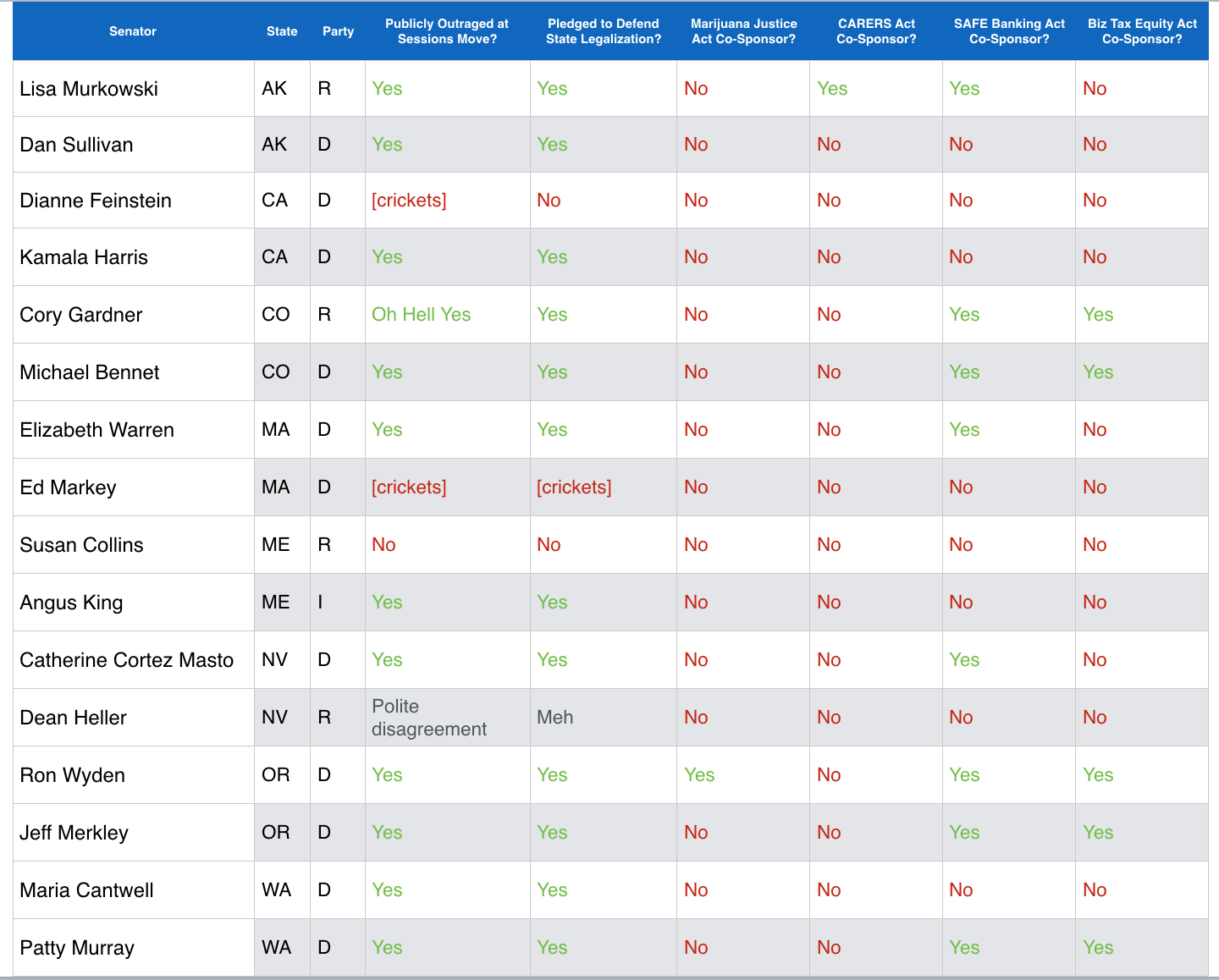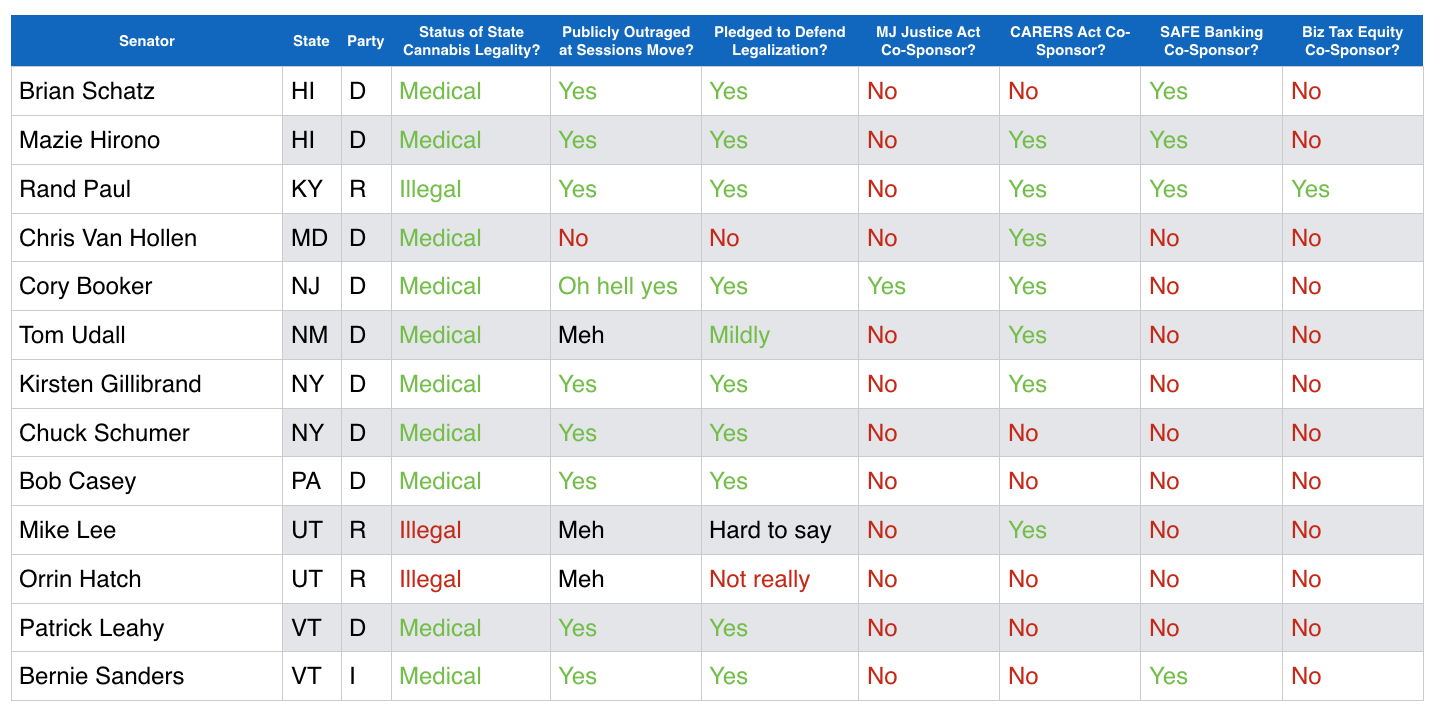Expanded version of info posted a few days ago.
Here’s Where US Attorneys Stand on Cannabis Enforcement
Don’t expect Jeff Sessions’
undoing of the Cole memo to unleash a nationwide crackdown. By rescinding Justice Department guidelines that encouraged federal prosecutors to take a hands-off approach in legal states, the attorney general isn’t so much dropping bombs as he is encouraging his lieutenants to fire at will. It will be up to individual US attorneys to pull the trigger.
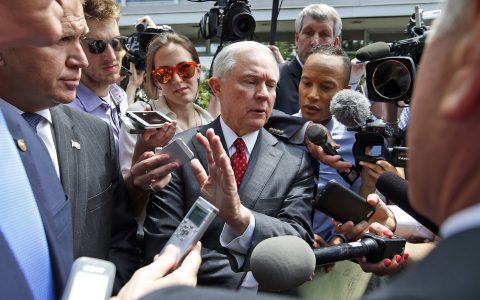
RELATED STORY
FAQ: What We Know About Jeff Sessions’ DOJ Action Against Legal Cannabis
In other words, a crackdown on state-legal cannabis, if it comes, will likely happen unevenly. District by district, US attorneys will decide for themselves how to enforce federal cannabis law—or whether to enforce it at all. This is exactly what we saw in California during the last major federal crackdown, in 2011 and 2012. US attorneys in some parts of the state tried to close every dispensary in their districts, while others allowed shops to operate unimpeded.
US attorneys are playing their cards very close to their chests.
In this new normal, it’s crucial to understand not just Sessions’ views, but also where each US attorney stands on cannabis. To that end, we’re tracking how US attorneys in legal states have responded to the removal of the Cole memo—and how likely they are to take action.
You’ll notice a common theme as you read through this piece: US attorneys are playing their cards very close to their chests. Most have issued murky statements that can be interpreted in a number of ways. We’ve done our best to parse the available information and add to those statements to get a better sense of the risk of prosecution in that district.
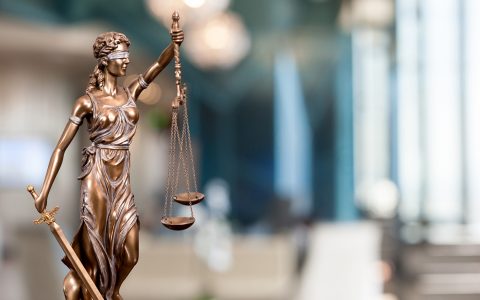
RELATED STORY
A Top Cannabis Lawyer on What Losing the Cole Memo Means
Initially we’ll be looking at states that have legalized adult-use cannabis. This page will be updated to include more information about US attorneys in medical-only states.
Each state has at least one federal district. A US attorney acts as the chief federal prosecutor for his or her district. (Courtesy of the US Department of Justice)
Alaska
US Attorney Brian D. Schroder, a Trump appointee whom the Senate confirmed in November, isn’t giving us much to go on. He said in a statement shortly after Sessions’ announcement that his office would continue using “long-established principles” in deciding which cases to charge. He added that violent crime, including that which stems from drug crimes, has been a top priority. His office has declined to comment further.
Schroder’s statement—like his record on cannabis—is awfully thin. Aside from any violent incidents in the state system, which would almost certainly draw his attention, it’s not yet clear what action, if any, his office might take.
Prosecution Risk: UNKNOWN
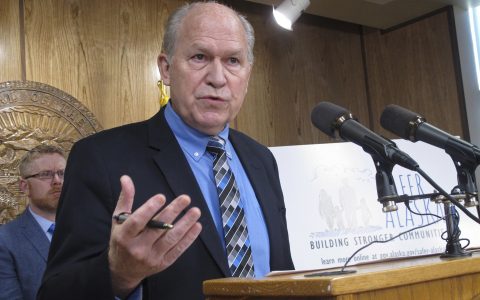
RELATED STORY
Alaska Authorities Vow to Fight Feds on Legal Cannabis
California
Central District (Los Angeles)
Interim US Attorney Nicola T. Hanna took his post last week, when Sessions
appointed him and 16 others as interim US attorneys. So far both Hanna and his predecessor, Sandra Brown, have been mum on enforcement, which could be an ominous sign if the office weren’t in the midst of a transition. As it is, it doesn’t tell us much.
It’s worth noting that Hanna was a federal prosecutor in Los Angeles and San Diego during the 1990s, when the war on drugs was in full swing. He then left the office for private practice, taking a position at the international firm Gibson Dunn. He hasn’t said much on cannabis, but in the 2016 presidential election, records show he
gave $2,700 to the campaign of Chris Christie—a notorious anti-cannabis crusader.
Complicating it all, Hanna’s gig is only temporary. As an interim US attorney, he can serve for 120 days until President Trump must appoint someone and seek Senate confirmation.
Prosecution Risk: LOW/MEDIUM

RELATED STORY
LA Cannabis Industry: Jeff Sessions ‘More Bark Than Bite’
Eastern District (Sacramento)
US Attorney Scott W. McGregor, a Trump appointee currently awaiting Senate confirmation, already held the position under President George W. Bush. While in office, he targeted large-scale cannabis operations and developed a reputation for seeking harsh sentences. As the
Sacramento Bee reports, at the time he asked local authorities to refer cannabis cases to federal prosecutors. He also went after a pair of dispensary operators who were convicted in 2008 and each sentenced to
20 or more years in prison. (President Barack Obama
granted one of the two men clemency in 2017. The other is still behind bars.)
Following Sessions’ memo, McGregor spokesperson Lauren Horwood said the office would evaluate possible enforcement actions “in accordance with our district’s federal law enforcement priorities and resources.” That’s pretty standard boilerplate and doesn’t tell us much, but McGregor’s enforcement history suggests he wouldn’t be shy about going after cannabis businesses if he feels they’re too far out of line.
“He used to be a hardcore, anti-cannabis drug warrior,” Sebastopol lawyer Omar Figueroa told the Sacramento Bee. “I hope he has evolved.”
Prosecution Risk: MEDIUM
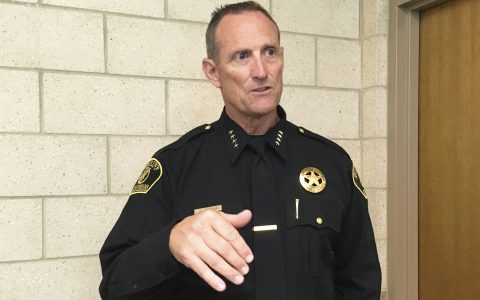
RELATED STORY
California Authorities Seize 27,000 Cannabis Plants in 4-Day Calaveras Raid
Northern District (San Francisco)
Acting US Attorney Alex G. Tse took over for former US Attorney Brian Stretch, who announced through a spokesperson on Jan. 4 that he would be leaving the post. It was the same day Sessions rescinded the Cole memo, though Stretch said the announcement was not the reason for his departure.
Despite their San Francisco office location, Northern District prosecutors have a reputation for interfering with California’s legal-cannabis system even when local officials push back. The office famously undertook—
and famously lost—a multiyear case against Oakland’s Harborside Health Center, perhaps the state’s best-known dispensary.
Tse, for his part, spent most of the 2011-12 federal crackdown in California working in the San Francisco District Attorney’s Office. The experience likely gave him an understanding of the close working relationship between federal and local authorities—something that might give him pause before bringing cases against locally approved, state-licensed businesses.
Prosecution Risk: LOW

RELATED STORY
Federal Court Bars Justice Department From Prosecuting Medical Cannabis
Southern District (San Diego)
Interim US Attorney Adam L. Braverman was appointed by Jeff Sessions in November, though he’s been a federal prosecutor in the Southern District since 2008. His focus was large, international drug-trafficking cartels, and after being sworn in as US attorney last year, he said he wanted to prioritize “those crimes committed by transnational criminal organizations.”
On its face, that seems just fine. State-legal cannabis has shrunk the illegal market in the United States, and Braverman may rightly see prosecuting licensed businesses as a surefire way to
reinvigorate cartels. But sometimes when you’re a hammer, everything looks like a nail.
More worrisome is Braverman’s
statement following the Sessions memo: “The Department of Justice is committed to reducing violent crime and enforcing the laws as enacted by Congress. The cultivation, distribution, and possession of marijuana has long been and remains a violation of federal law,” he said. “We will continue to utilize long-established prosecutorial priorities to carry out our mission to combat violent crime, disrupt and dismantle transnational criminal organizations, and stem the rising tide of the drug crisis.”
If Braverman does his homework, he’ll see that legalization tends to
accomplish those priorities. But if he views legal cannabis as part of the problem, watch out.
Prosecution Risk: MEDIUM
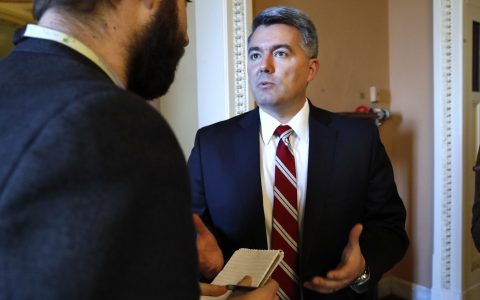
RELATED STORY
Colorado Delegation Moves Quickly to Stop Sessions’ War on Cannabis
Colorado
(Courtesy of DOJ)
US Attorney Robert C. Troyer became an acting US attorney in 2016 and was appointed interim US attorney by Jeff Sessions in November. Asked by the
Denver Post about the Sessions memo, Troyer’s office provided this response:
Here is the question we ask every time we consider allocating our finite resources to prosecute any of the vast number of federal crimes we can prosecute, from violent crime to immigration crime to opioid crime: Will this prosecution make Colorado safer? … Under the attorney general’s new memo, we have more freedom and flexibility to make decisions that make Colorado safer by prosecuting individuals and organizations for marijuana crimes that significantly threaten our community safety.
US attorneys often point to their own district’s unique needs when explaining their enforcement priorities, so this doesn’t tell us much—although it does suggest Troyer could take action in response to local officials who believe legal cannabis is a threat to public safety, as has happened in past crackdowns.
For now, Troyer
said he would “continue to take” the approach his office has been using—suggesting not much will change in the short term. Colorado Attorney General Cynthia Coffman
told the Post that she had asked Troyer to “please notify me … if there is going to be any change in those priorities or in those actions so that we have a heads-up. And I have his agreement that he will do that.” In the meantime, she said, “I would encourage people not to freak out.”
Prosecution Risk: LOW/MEDIUM
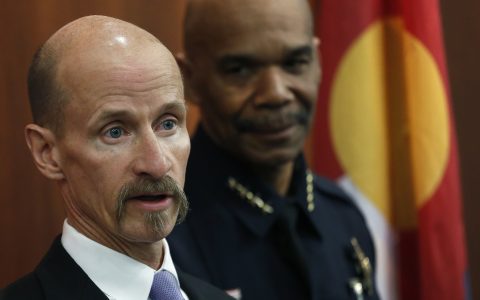
RELATED STORY
Colorado Officials Say: Stop Freaking, We Ain’t Retreating
Maine
(Courtesy of DOJ)
US Attorney Halsey B. Frank, a Trump nominee, was confirmed by the Senate in October. To his credit, he’s issued
a lengthy statement on the Sessions move. Unfortunately, like most other US attorney statements so far, it doesn’t offer much in the way of clarity. “My job is to enforce federal law, not countermand it,” Frank said. “I do not have the authority to categorically declare that my office will not prosecute a class of crime or persons.”
Unlike some other US attorneys, Frank has spoken out publicly against legalized cannabis in the past. In a
2013 column in The Forecaster newspaper (published after the Cole memo), he wrote that when “there is a conflict between state and federal law, federal law prevails.” Maine’s state law, which at the time allowed medical use of cannabis, “is not a defense to federal prosecution for manufacturing or distributing marijuana,” he wrote.
Lest you think he was just opining on legal procedure, he also included this veiled jab at legalization: “Society can only tolerate a certain number of intoxicated people on its streets and highways, at school, at work and at play.” (You can read his full column
here.)
One bright spot, especially for individuals: Frank’s recent statement notes that his office “has prioritized the prosecution of cases involving the trafficking of opiates, cocaine, crack and similar hard drugs.” Prosecuting individuals for possession, he said, “has not been a priority.”
Prosecution Risk: MEDIUM

RELATED STORY
Maine Lawmakers Face Big Cannabis Decisions
Massachusetts
US Attorney Andrew E. Lelling, a Trump nominee, was confirmed by the Senate in December. In response to the Sessions memo, he
issued a statement saying he could not “provide assurances that certain categories of participants in the state-level marijuana trade will be immune from federal prosecution.”
This is a straightforward rule of law issue. Congress has unambiguously made it a federal crime to cultivate, distribute and/or possess marijuana. As a law enforcement officer in the Executive Branch, it is my sworn responsibility to enforce that law, guided by the Principles of Federal Prosecution. To do that, however, I must proceed on a case-by-case basis, assessing each matter according to those principles and deciding whether to use limited federal resources to pursue it.
This has the noncommittal air of some other US attorneys’ statements, but the tone is comparatively harsh. While it doesn’t signal a categorical crackdown on cannabis businesses, it certainly suggests the office could bring targeted actions against certain state-legal actors.
More worrisome is the relative lack of local pushback to Sessions rescinding the Cole memo. While officials in many other legal states have decried the move, Massachusetts elected officials, many of whom opposed the 2016 ballot question that legalized cannabis, have been relatively quiet.
Prosecution Risk: MEDIUM/HIGH

RELATED STORY
Massachusetts Regulators: ‘Nothing Has Changed’ After Shift in Fed Policy
Nevada
Interim US Attorney Dayle Elieson was one of 17 interim US attorneys appointed by Sessions last week. Before the appointment, she was an assistant US attorney in Texas, where she focused on fraud, money laundering, and terrorism. As a new arrival to Nevada, she’s a relatively unknown quantity, and Nevada officials are eagerly awaiting further guidance from the office.
“I know that the US attorney in Colorado has already said that he is not going to enforce federal laws against the legalized marijuana industry in that state,” Gov. Brian Sandoval
told the Las Vegas Review-Journal. “I would like to see something similar here in Nevada, but that’s a discussion that needs to be had.” (It’s worth noting that Sandoval may be overstating assurances by Colorado US Attorney Robert C. Troyer; see the Massachusetts section of this story, above.)
Nevada’s legal cannabis program has strong support from state and local officials, which could help dissuade Elieson from taking a hardline stance legal against legal cannabis while still new to the office. Federal prosecutors tend to work closely with local law enforcement and other partners, and targeting cannabis could risk hurting those relationships.
As an interim US attorney, Elieson’s post is only temporary. She’ll be able to serve for 120 days before Trump must nominate someone for the position and seek Senate confirmation.
Prosecution Risk: UNKNOWN
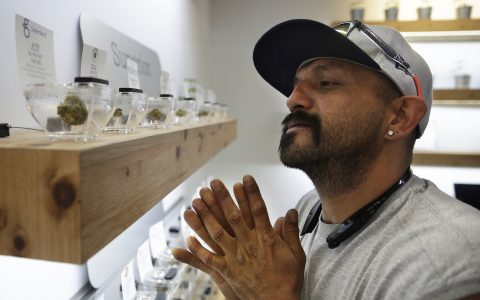
RELATED STORY
Talk of Federal Cannabis Crackdown in Nevada Draws Partisan Reactions
Oregon
(Courtesy of DOJ)
US Attorney Billy J. Williams, who became an acting US attorney in 2015 and was nominated by Trump in November to remain in the post, has already expressed concerns with the state’s cannabis regulatory system. In an interview with the Associated Press last year, he complained about what he said was insufficient enforcement by the state to prevent cannabis from being illegally exported to states where it’s not legal. Stopping diversion to other states was a key piece of the now-rescinded Cole memo.
Following Sessions’ move last week, Williams put out the following statement:
As noted by Attorney General Sessions, today’s memo on marijuana enforcement directs all U.S. Attorneys to use the reasoned exercise of discretion when pursuing prosecutions related to marijuana crimes. We will continue working with our federal, state, local and tribal law enforcement partners to pursue shared public safety objectives, with an emphasis on stemming the overproduction of marijuana and the diversion of marijuana out of state, dismantling criminal organizations and thwarting violent crime in our communities.
It sounds like Williams might be OK with Oregon’s cannabis program when it works, but failures—including things like diversion, violence, or illegal sales to minors—could prompt him to take action. So he’s presumably not too pleased with reports like one issued this week by Oregon cannabis regulators that found a number of stores around the state that reportedly
sold cannabis to minors.
Prosecution Risk: LOW/MEDIUM
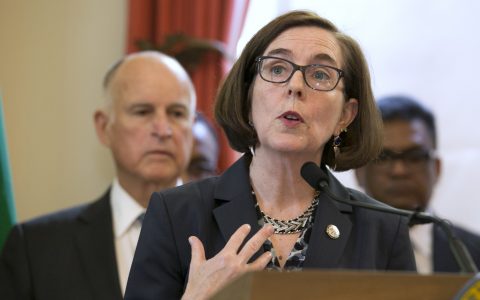
RELATED STORY
Oregon Politicians Push Back Against Sessions Memo
Washington, DC
US Attorney Jessie K. Liu, a Trump nominee whom the Senate confirmed in September, has said through a spokesperson that the office is “committed to reducing violent crime and dismantling criminal gangs and large-scale drug distribution networks that pose a threat to public safety.”
Washington, DC, is unusual in that it allows individuals to grow, possess, consume, and even give away cannabis but, due to pressure from federal lawmakers, forbids purchases or sales. The laws have led to the emergence of a thriving gray market in which consumers make “donations” or purchase other items and are “gifted” cannabis as part of the transaction. Liu may take a closer look at these businesses—they are, after all, operating in Jeff Sessions’ backyard—but it seems unlikely at this point that she’ll bring cases against individuals who follow the law.
Prosecution Risk: LOW/MEDIUM
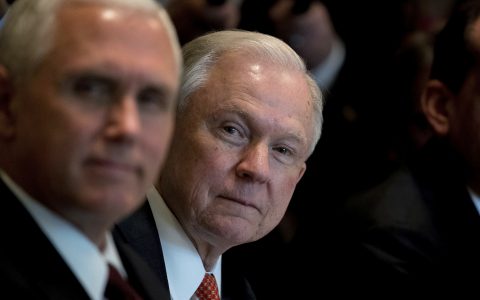
RELATED STORY
Jeff Sessions Asks Congress to End Medical Cannabis Protections
Washington State
Eastern District (Spokane)
Interim US Attorney Joseph Harrington was another of the 17 interim US attorneys appointed by Sessions last week. He’s a longtime federal prosecutor, with nearly three decades of experience handling the office’s criminal division, health care cases, and terrorism matters.
Harrington has said hardly anything about how Sessions’ move would affect his office’s cannabis enforcement. Immediately following the undoing of the Cole memo, he directed questions directly to the main Justice Department press office in Washington, DC. The Eastern District, nevertheless, has come to be seen as an aggressive enforcer by many in the state’s legal cannabis industry. The office sought criminal charges, for example, against a family of medical cannabis patients who became known as the
Kettle Falls Five.
Harrington filed a motion in October to put that case on pause, noting that a federal spending provision—which had been adopted three years earlier and halted a blockbuster California case in May 2016—prevented the case from going forward. But that provision, the Rohrabacher–Blumenauer amendment, is set to expire later this month, and it only blocks prosecutions against medical operations. Currently nothing stands in the way of Harrington bringing cases against the state’s many adult-use businesses.
Prosecution Risk: MEDIUM

RELATED STORY
In Surprise Move, Justice Dept. Stands Down on ‘Kettle Falls Five’ Case
Western District (Seattle)
US Attorney Annette L. Hayes, who became acting US attorney in 2014 after her predecessor resigned, remained in the position after President Barack Obama declined to make an appointment. On the day Sessions rescinded the Cole memo, she issued this statement:
Today the Attorney General reiterated his confidence in the basic principles that guide the discretion of all U.S. Attorneys around the country, and directed that those principles shepherd enforcement of federal law regarding marijuana. He also emphasized his belief that U.S. Attorneys are in the best position to address public safety in their districts, and address the crime control problems that are pressing in their communities. Those principles have always been at the core of what the United States Attorney’s Office for Western Washington has done – across all threats to public safety, including those relating to marijuana. As a result, we have investigated and prosecuted over many years cases involving organized crime, violent and gun threats, and financial crimes related to marijuana. We will continue to do so to ensure – consistent with the most recent guidance from the Department – that our enforcement efforts with our federal, state, local and tribal partners focus on those who pose the greatest safety risk to the people and communities we serve.
This may be the most supportive statement of state-legal cannabis to come out of a US attorney’s office in the wake of Sessions’ announcement. Read between the lines. Hayes’ almost cheeky use of “reiterated” suggests little or nothing has changed in her eyes. Rather than read Sessions’ move as a sign the attorney general wants to see more cannabis cases—which, given Sessions’ views on cannabis, it almost certainly was—Hayes’ comments interpret the memo as an endorsement of local discretion. “Thanks for trusting us to do a good job,” the statement seems to say. It’s likely that wasn’t by accident.
Prosecution Risk: LOW





